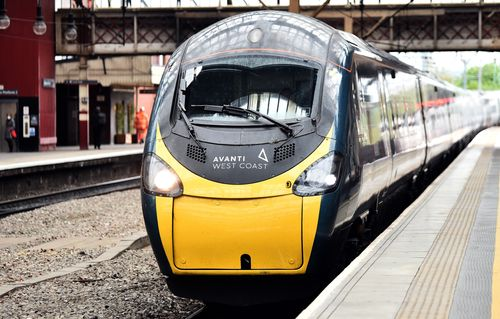Labour anticipates re-nationalizing the majority of passenger rail services within five years if elected. While affirming a continued role for the private sector, the party plans to transition passenger services into public control as contracts expire, with provisions for automatic refunds for delays and enhanced internet connectivity. Although avoiding the term “nationalization,” Labour’s plan effectively achieves this. Shadow Transport Secretary Louise Haigh underscores the inclusion of the private sector, with exceptions for privately financed operators like Hull Trains and Lumo. Notably, rail freight companies and rolling stock companies are not targeted for nationalization. Despite criticism over fares and reliability, private operators have seen increased rail usage. Nonetheless, four major operators, including TransPennine Express, have transitioned to government control. The government’s proposed Great British Railways body, responsible for infrastructure and contract awards, parallels Labour’s intentions. While the draft bill for this has been released, its enactment is contingent on the upcoming general election. During the pandemic, the government assumed control over the railway, introducing fixed-fee contracts. Labour, however, proposes a Great British Railways led by rail experts, asserting it won’t burden taxpayers with compensation costs. Emphasizing the need for systemic change, Labour cites potential annual savings of £1.5bn within five years by reducing inefficiency and fragmentation. Additionally, they pledge automatic refunds, improved internet, and a best-price ticket guarantee. This promise doesn’t guarantee cheaper fares but aims for transparency. Labour also plans a Passenger Standards Authority to oversee GBR. Despite acknowledging the time required for legislative and structural changes, Labour reassures no immediate closures of ticket offices.

